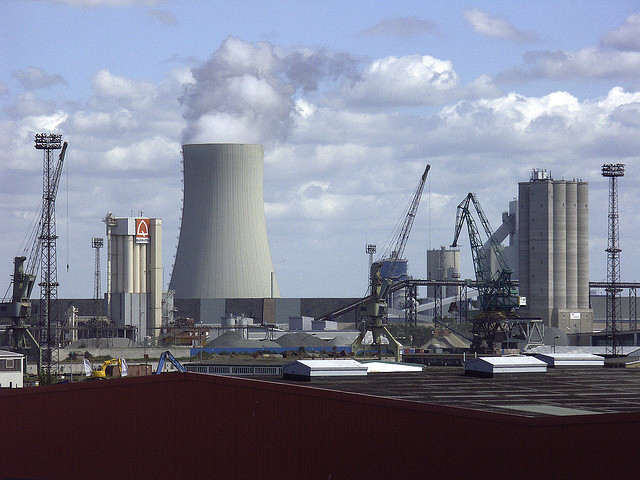
Japan's Fukushima disaster did more than just ravage the surrounding area with radiation; it also freaked out every other country that relies on nuclear power. Germany's reaction was perhaps the strongest--the country is now working without three quarters (16 GW) of its nuclear power while plants undergo safety reviews (some plants are offline for maintenance outages). How is the country faring?
The short answer: by burning coal, relying on renewables, and leeching off France. According to Reuters, Germany is importing nearly 2 GW of nuclear power from France and importing both coal and nuclear from Poland and the Czech Republic. This isn't to say that the country's extensive renewable energy efforts aren't paying off--Germany has 1.7 GW of wind and 6 GW of solar to use as a buffer during peak hours. But according to power company Amprion, "the situation is tight."
This kind of situation is unlikely to happen in the U.S., which has a nuclear capacity of 100 GW. Even if we wanted to shut down the majority of our plants, the U.S. doesn't have a nuclear powerhouse like France (the country derives over 75% of its electricity from nuclear energy) right next door to rely on. Maybe a couple decades down the line it will be possible to shift significant amounts of nuclear capacity to renewables, but for now, we're stuck with what we've got.
And Germany? The country expects to have three of its nuclear plants back online by next week.
Comments